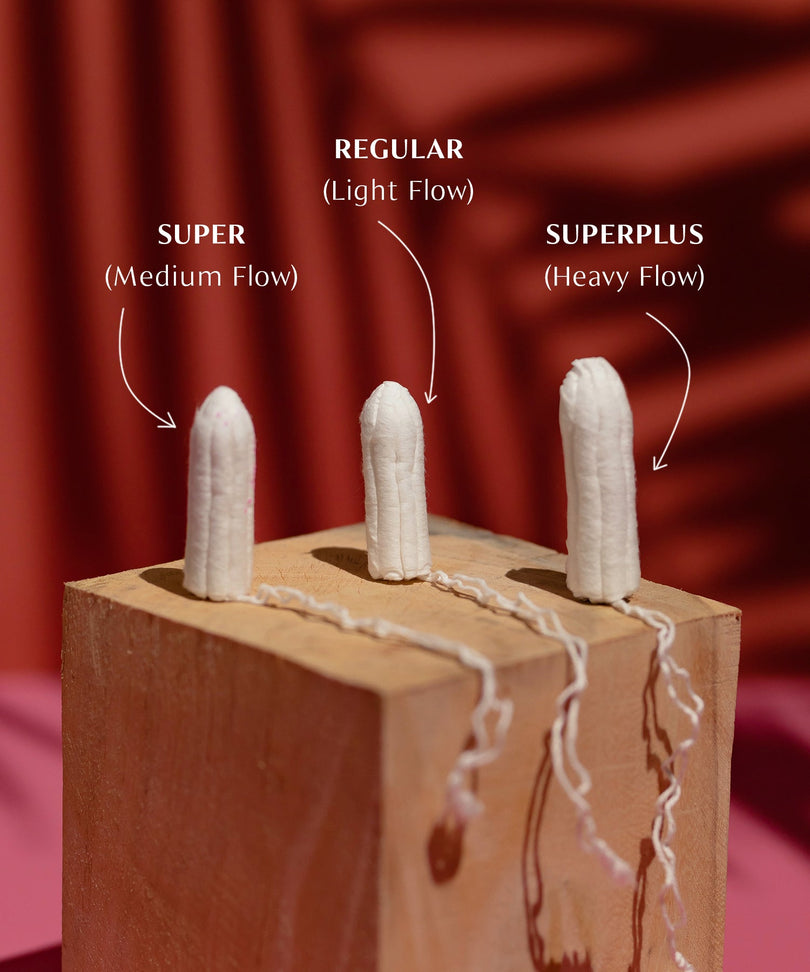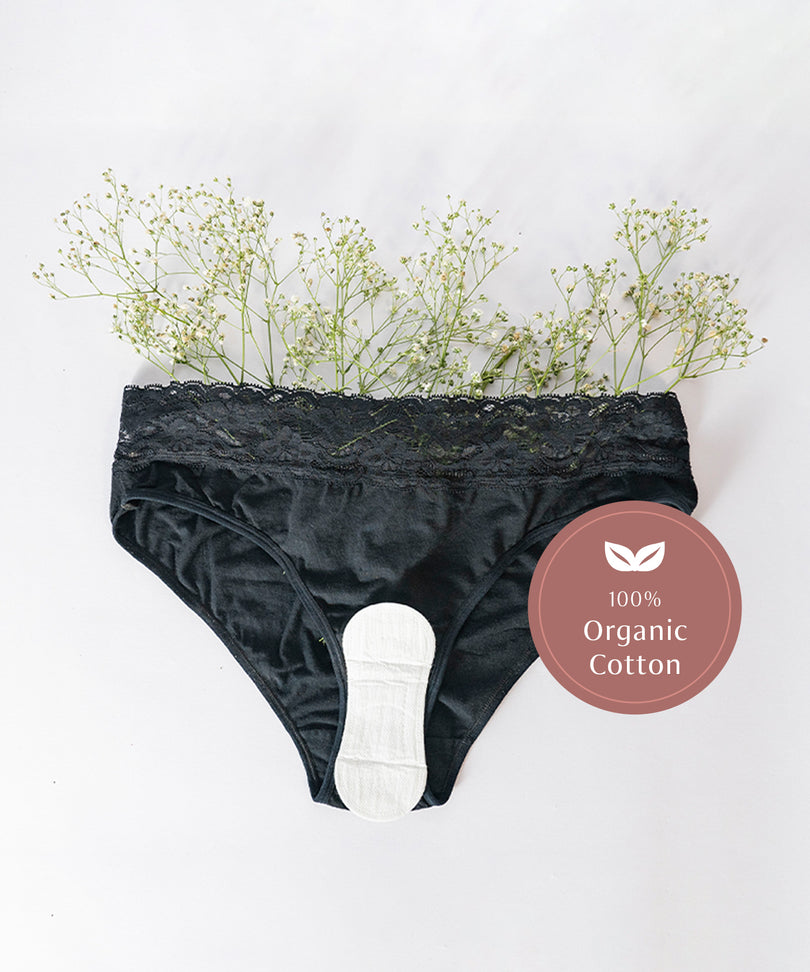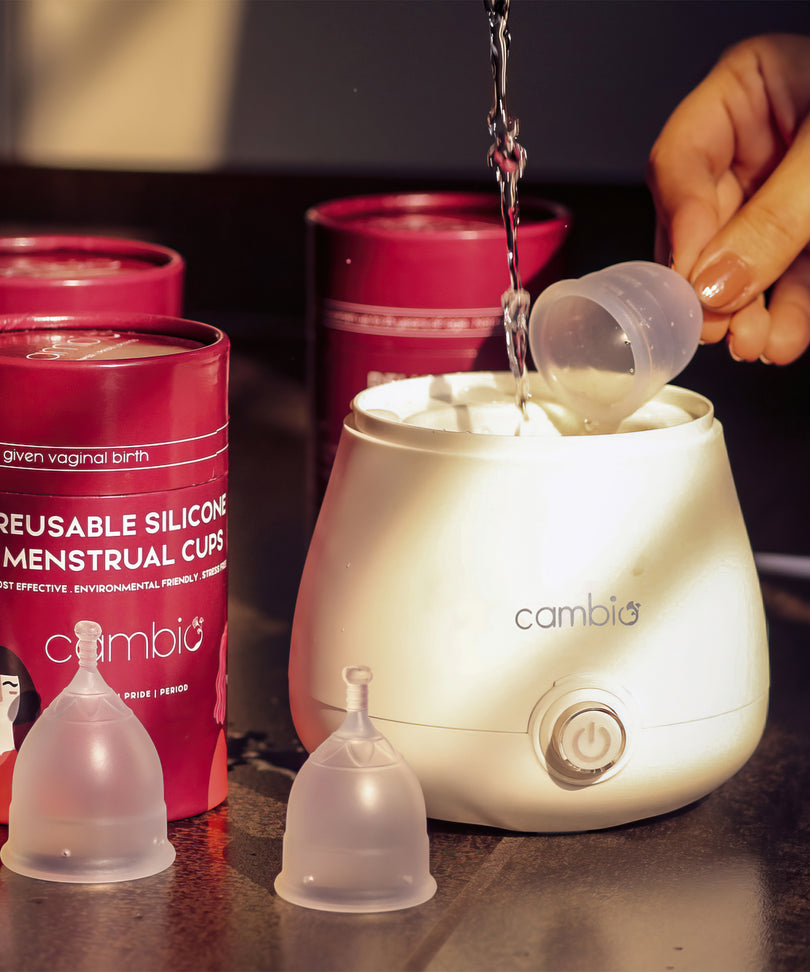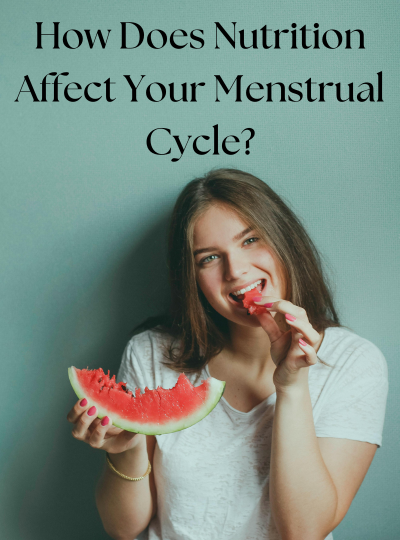What is PCOS?
Polycystic Ovary Syndrome (PCOS) is a menstrual disorder in which small cysts develop along the outer edge of the ovary. These cysts contain underdeveloped follicles which fail to release eggs at a regular rate.
PCOS is a hormonal issue and is associated with hormone imbalances, especially during puberty.
If you have PCOS, you may have an excess of androgen in your body, causing symptoms like excess facial and body hair growth, and acne. Your ovaries may be larger and filled with follicles causing them not to function properly. You may also have fewer menstrual periods with larger gaps between cycles.
While there are currently no proven cures for PCOS, you can definitely learn to manage it with these practices, dietary changes, medications, and supplements.
Tips to manage your PCOS
Rest
Sleep disturbances are twice as common in women with PCOS, which makes it all the more important to practice good sleep hygiene to ensure that your body gets the rest and recovery it needs. Sleep also helps to regulate cortisol levels as excessive cortisol can lead to digestive problems, progesterone depletion, irregular periods and weight gain.
To prioritize your rest:
- Aim for 7-9 hours of sleep every night.
- Follow a consistent bedtime and establish a routine around it.
- Avoid caffeine, stimulants and fatty foods before bedtime.
- Minimize screen time for at least an hour before you sleep.
Exercise and Weight
While being overweight isn’t a causal factor for PCOS, obesity is a common condition in women with PCOS. NIH study suggests that losing weight sustainably, through lifestyle changes involving eating less calories and prioritizing whole foods, is a favorable treatment for PCOS symptoms. Having a healthy weight can help regulate your period and decrease your insulin resistance.
Exercise is another important means to maintaining a healthy weight and getting more active and fit. It’s important to find a form of exercise you enjoy. This could be low-impact like stretching, yoga and pilates to high-impact and strenuous like strength training and calisthenics. Exercising consistently over a long period of time is more important than the specifics of your exercise programme for managing PCOS symptoms.
Diet Changes
Eating foods that nourish and fuel you, and avoiding foods that trigger your symptoms is a good starting point for making dietary changes to manage your PCOS. You can consider incorporating the following tips:
- Limit caffeine - Caffeine can increase anxiety levels and elevate your estrogen levels (even when they’re not supposed to go up) causing hormonal disruptions. You can opt for green tea or matcha instead of coffee, or better yet go decaf with herbal teas and kombucha.
- Prioritize eating whole foods - Whole foods like fruits, vegetables, whole grains, and legumes are the closest to their natural states, without any additives and preservatives. They are also rich sources of fibre and micronutrients. These can help with your digestion and prevent any vitamin deficiencies. They also leave you feeling full for longer than processed foods.
- Increase your micronutrient intake - Micronutrients like zinc, iron, calcium, magnesium, chromium etc. are important for regulating your hormones and menstrual cycle. Getting these from food sources is much more sustainable than having to rely on supplement pills, as long as you’re getting enough.
- Get enough carbs and protein - When trying to lose weight, people usually cut down their carb intake, which may lead to short-term results. However, carbohydrates, especially in their unprocessed forms, can provide long-lasting energy and can improve insulin sensitivity. Carbs are not the enemy! As long as one eats in a calorie deficit, one can lose weight. On the other hand, it’s important to get an adequate amount of protein to preserve muscle mass, boost metabolism and regulate your bodily functions more efficiently.
Supplements
Eating certain foods and taking vitamins and minerals as supplements can help to curb some of the issues caused by PCOS, helping with hormone regulation, insulin resistance, irregular periods, severe cramping, and inflammation.
You can consider the following supplements and determine whether they are relevant to your specific PCOS symptoms:
- Cinnamon - Cinnamon extract has been shown to reduce insulin resistance among PCOS patients. It also improves menstrual cyclicity in women with PCOS, resulting in more frequent menstrual cycles.
- Turmeric - The curcumin present in turmeric helps decrease liver inflammation and lowers insulin resistance. Turmeric is used as a staple ingredient in many Indian households. It may be more convenient to simply cook more meals that use turmeric than to take it separately as a supplement.
- Zinc - Zinc supplements have beneficial effects on treating both alopecia and hirsutism. They also boost your fertility and immune system. You can also get zinc from nuts like pine nuts, walnuts and cashews, or legumes.
- Inositol - Inositol is a type of sugar that helps the body to process insulin. It is used to help with insulin resistance and fertility in women with PCOS. Foods like blueberries and chickpeas have higher amounts of inositol. You can also get them in capsules.
- Chromium - Chromium supplements can help regulate your metabolism, insulin levels and BMI among women with PCOS. Chromium is also present in many foods including vegetables like broccoli and green beans and fruits like apples and bananas.
- Vitamin D - Women with PCOS are likely to have deficiencies in Vitamin D, which is vital for promoting regular and healthy ovulation. Supplementing Vitamin D can improve irregular menstruation.
- Magnesium - Magnesium is a vital element for women with PCOS as it helps reduce anxiety levels, blood pressure and insulin sensitivity. While a diet rich in fruits, vegetables and grains should provide sufficient amounts of magnesium, you can also supplement it if you’re deficient.
Always speak with a doctor before starting to take chemical supplements.
It’s important to note that making dietary changes to support your health is more effective than using supplements alone. Some of the above-listed supplements can be used as ingredients in your meals.
Supplements can be used to address deficiencies better or for when certain nutrients cannot be used as ingredients in your meals.
Reduce Stress
Reducing your stress levels can also help you regulate your cortisol. Prioritising good sleep, cutting out caffeine and practicing yoga and meditation can help lower stress. Finding your own forms of self-care is important to managing stress in the long run.
Your mindset regarding PCOS can also impact the perspective through which you deal with your symptoms. Your condition is not your fault, but it is your responsibility to take care of your body. Having a kind and compassionate self-image can make it easier to help yourself and make changes for your betterment.
We asked a customer of ours who has managed her PCOS symptoms to share some words of encouragement. This is what she had to say:
“I was diagnosed with PCOS at the age of 17 and struggled with irregular cycles, weight gain and fatigue. I’d been overweight all my life and didn’t really pay attention to my diet.
After making changes to my diet, incorporating regular exercise, and focusing on weight loss, I've seen a huge improvement! I eat a lot more greens and fruits than I used to. I started exercising by joining a zumba class. Recently I started my calisthenics journey. My periods are more regular, my energy has skyrocketed, and I feel more in control of my body.”
Read more
Vaginal discharge after periods
Why do I feel nauseous during my period?









